You've just graduated and landed your very first job. Exciting, right?

As you sat through the onboarding training, something caught your attention — your company places a huge emphasis on teamwork and collaboration. You've got to admit, it's making you a bit nervous. But guess what? That's completely okay.
The thought of working closely with colleagues, sharing ideas, and tackling challenges together sounds both thrilling and intimidating.
The good news is that you're not alone in this. Explore how you can excel at this exciting new job by rocking at teamwork and collaboration!
Teamwork and collaboration skills are important!
Imagine trying to build a massive puzzle all by yourself. It's tough, right? But when you've got a group of people, each bringing their unique puzzle pieces and working together, that puzzle starts to take shape way faster.
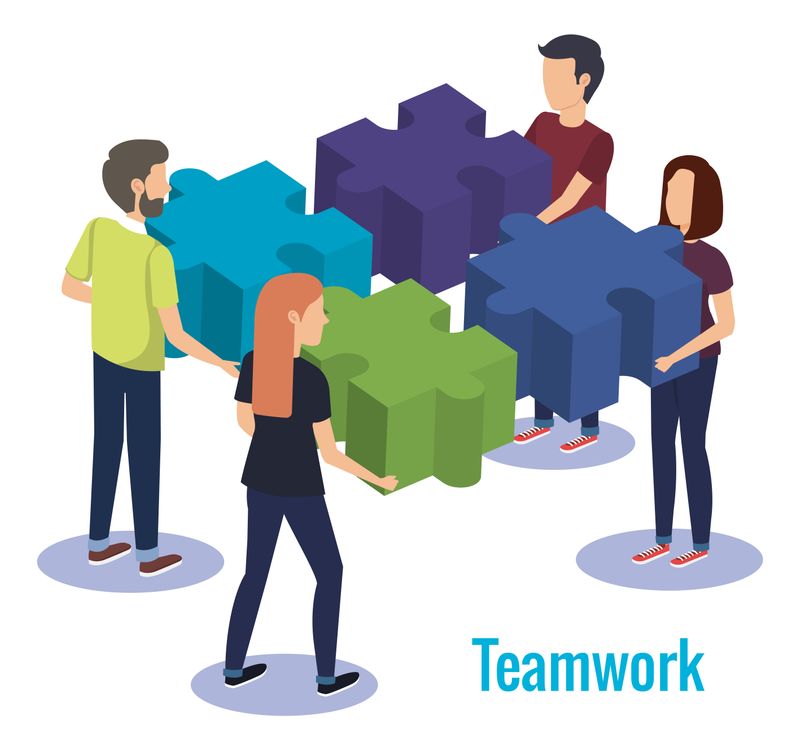
Teamwork is like combining different strengths and perspectives to solve problems and get things done efficiently.
Collaboration is like a musical jam session. Each person brings their individual talents, but together, they create a harmonious masterpiece.
At work, when minds collaborate, ideas flow freely, leading to innovative solutions that might not have been possible on your own.
Teamwork and collaboration are the secret sauces that make the workplace not only function smoothly but also thrive.
Teamwork and collaboration helps:
Foster unity
Promote diversity and communication
Improve efficiency and productivity
Enhance learning and growth
Problem-solving and innovation
Build stronger relationships
Shared responsibility and accountability
Adaptability to change
Conflict resolution
Overall organizational success

As you navigate through this new job, these teamwork and collaboration skills will be your trusty companions, helping you rise to challenges and achieve amazing things with your colleagues.
Practice teamwork and collaboration skills
Effective teamwork and collaboration skills are crucial for any entry-level employee. Here's how you might demonstrate these skills:
1. Communication

Actively participate in team meetings by sharing ideas, asking questions, and providing updates on your tasks.
Listen attentively to your team members, acknowledging their contributions and addressing any concerns they may have.
Use clear and concise language in both written and verbal communication to ensure everyone understands your points.
2. Active Engagement
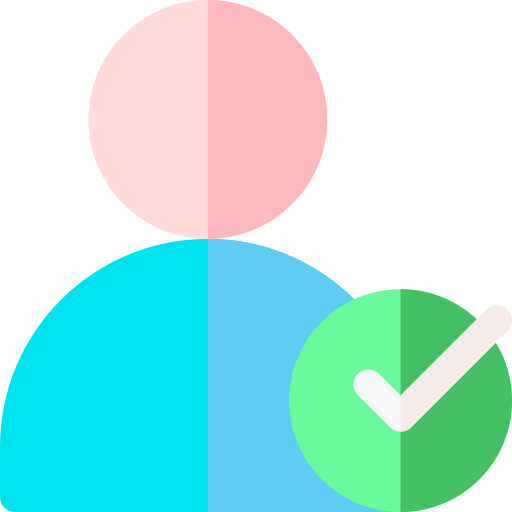
Show enthusiasm for your team's goals and projects. Express your willingness to take on tasks and contribute your efforts.
Offer to help team members who might be struggling or need support, and be open to receiving help when you need it as well.
3. Flexibility
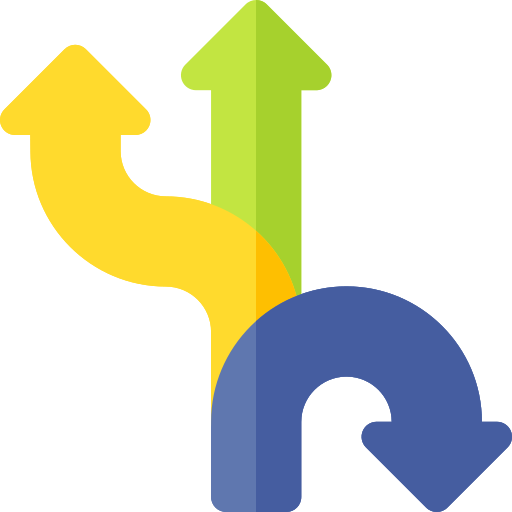
Adapt to changes in project scope, timelines, or priorities. Be open to new ideas and adjustments as needed.
If you're up for it, take on tasks that may fall outside of your initial job description to assist the team in achieving its goals.
4. Problem-Solving
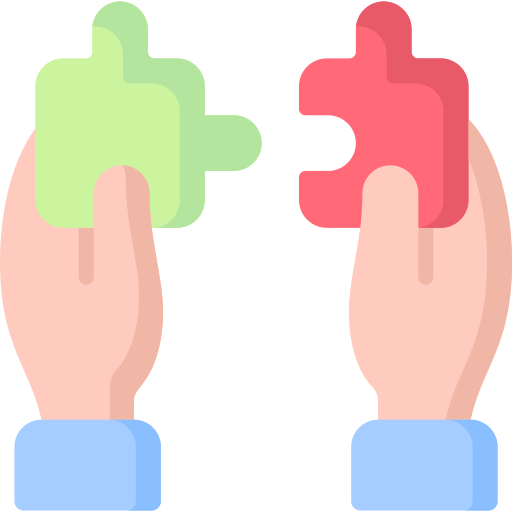
When challenges arise, approach them with a positive attitude and a focus on finding solutions.
Collaborate with team members to brainstorm and implement effective strategies.
5. Respect and Empathy
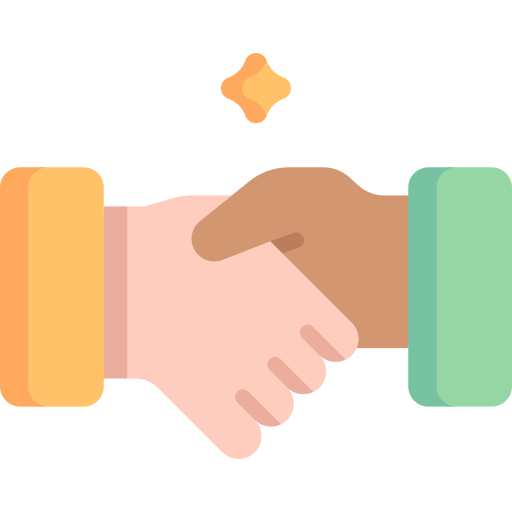
Treat your colleagues with respect and kindness, valuing their opinions and contributions regardless of their position or experience.
Seek to understand your team members' perspectives and acknowledge their feelings and concerns.
6. Constructive Feedback
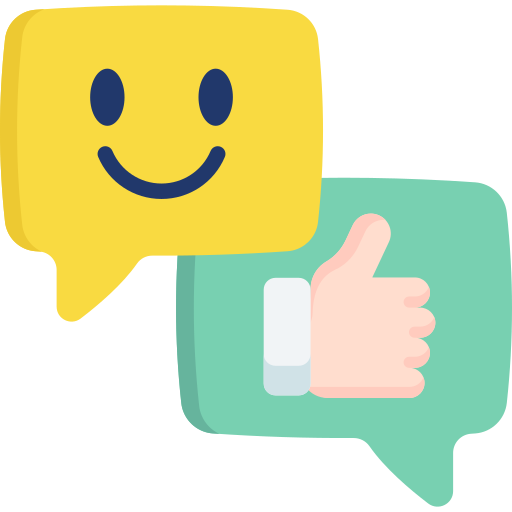
Provide constructive feedback to your colleagues in a respectful manner. Focus on the issue at hand and suggest potential improvements.
Accept feedback gracefully and use it as an opportunity to improve your skills and performance.
7. Celebrate Achievements

Celebrate your team's successes and milestones. Recognize the efforts of your colleagues and express gratitude for their contributions.
A project puzzle
Imagine it's your first month in the company. Your manager has assigned you to a project team with four other colleagues.
The project involves creating a new marketing campaign for a product launch. The team has a tight deadline, and everyone needs to work together to make it a success. 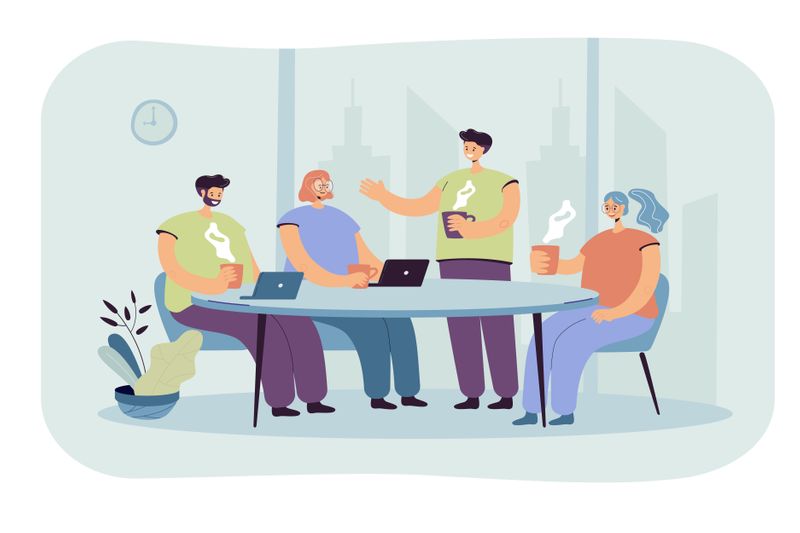
The situation: You're in your first team meeting, and the group is brainstorming ideas for the campaign. The team members come from different departments — marketing, design, sales, and research. Each person brings a unique perspective to the table.
How would you demonstrate your teamwork and collaboration skills?
Option 1: You're feeling a bit unsure about sharing your ideas, fearing they might not be good enough. You decide to stay quiet throughout the meeting, thinking you'll just go along with whatever the others suggest.
Option 2: Your colleague from the design department proposes an idea that you think is fantastic. You immediately jump in and start discussing that idea, considering other possibilities that might be equally great.
Option 3: A heated debate arises between two team members about which direction to take. You decide to pick sides and join in on the argument, advocating for one idea over the other.
Option 4: You notice that the discussion is veering off track and not producing any solid ideas. You take the initiative to step in and suggest a structured brainstorming session, where everyone shares their ideas one by one, without judgment.
Quiz
Which option demonstrates teamwork and collaboration skills? Select all that apply:
Take Action
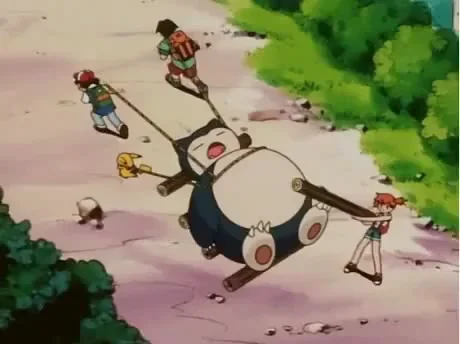
Here are some tips to help you enhance teamwork and collaboration skills:
Your feedback matters to us.
This Byte helped me better understand the topic.
